The Iranian Regime’s Weakness Is an Opportunity fo…
The new administration should leverage the regime’s unpopularity as part of its ‘maximum pressure’ redux.
The regional outlook for stable, democratic governance, and consistent economic growth in the MENA region continues to regress, with the hopes built upon the Arab Spring all but dissipating. In response, IRI enables and supports committed citizens, activists, and reformers throughout the region who are creating openings and advancing much-needed democratic reforms.
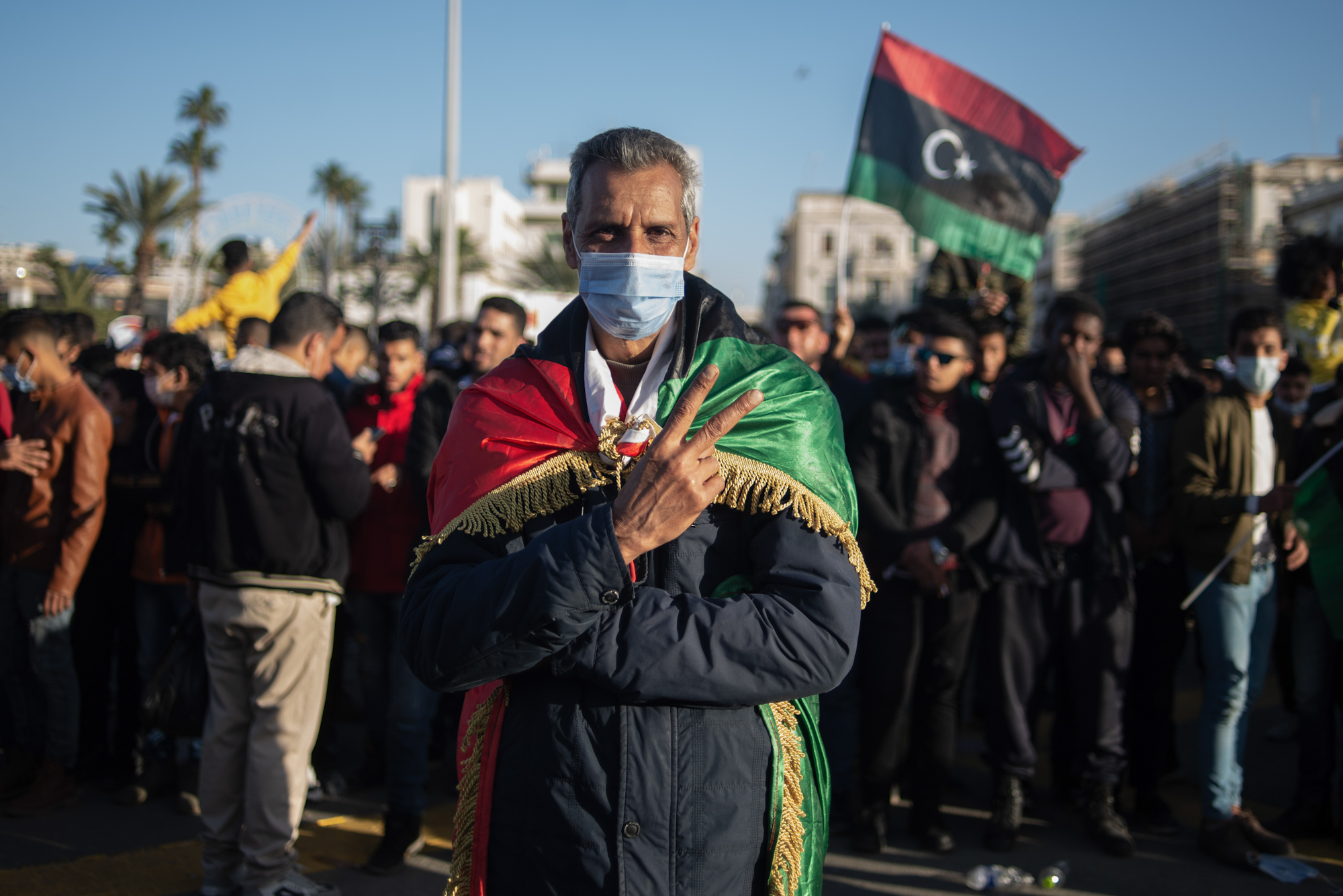
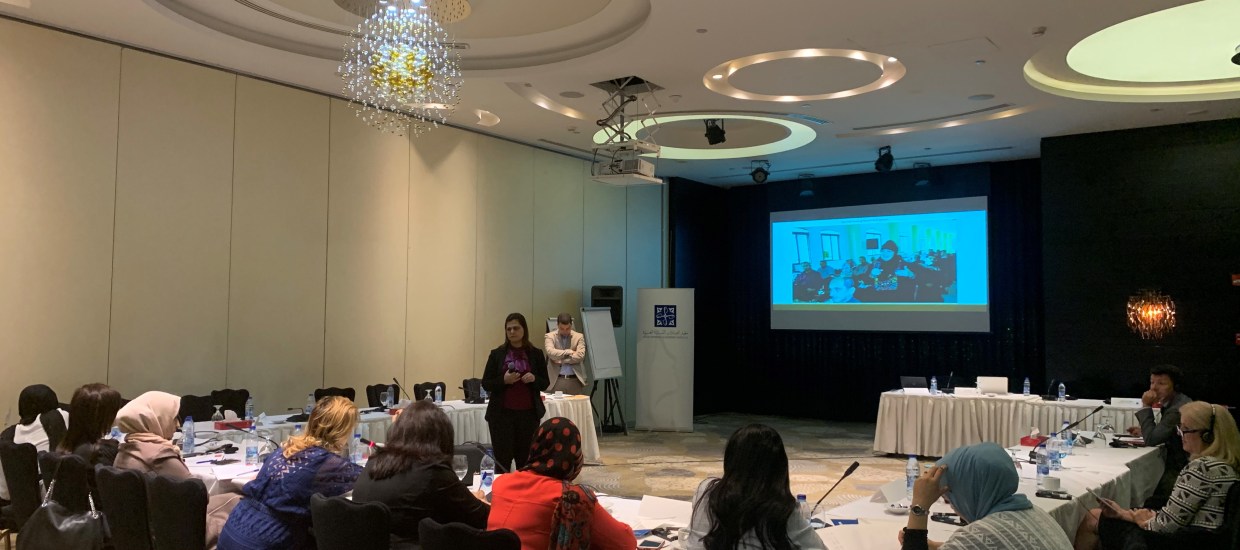
Nearly every country in the MENA region is facing some level of political or economic crisis. Overly centralized, public sector-dominated economies have not created jobs for youth entering the workforce across the region. Currently, youth unemployment is at approximately 30%, double the world average. Even Tunisia, where the Arab Spring began and which had been the sole genuine democracy, has entered a critical phase of suspension of its democratic institutions with the extra-constitutional powers assumed by a still popular president. The political scene remains fractured, and the unaddressed growing youth resentment makes them susceptible to radicalization.
While some positive signs of state consolidation can be noted in Iraq and Libya, competition has intensified, both directly and through an array of proxies and parastatal actors, especially in Syria, Yemen, Libya, and Iraq. Citizens of the region still have little or no say in their own governance and instead suffer under corrupt, parasitic, or simply unresponsive political systems.
The COVID-19 pandemic has exacerbated those negative trends, increasing repression and information suppression and exposing institutional failures and gaps. The crisis has had devastating effects in conflict-burdened countries and to vulnerable populations, and it has created new opportunities for malign actors like Russia and China to expand their influence and access. IRI is nevertheless playing a critical role in helping citizens of the region build, preserve, and strengthen democratic and inclusive governance.
IRI collaborates with and bolsters civil society groups who are engaged in combatting impunity and decrying corruption, social injustice, and repression and are actively working to engage citizens around accountability, sound governance, and an inclusive, peaceful political future. We also work with governments, often at the local level where democracy is more fertile, to help promote their understanding and ability to meet the needs of their citizens, while encouraging transparent and accountable processes.
Our programming supports the development of political parties in the region and helps strengthen their ability to develop citizen-responsive policy, communicate and connect with constituents on priority issues, and build strong internal structures that encourage internal democratic practices. IRI provides, across the board, critical support to marginalized groups equipping them to actively advocate for their rights and inclusion in the political process—especially persons with disabilities, women, and youth. This work is often underpinned by public opinion polling to ensure that our approach is data-driven, evidence-based, and reflective of citizen priorities and needs.
The new administration should leverage the regime’s unpopularity as part of its ‘maximum pressure’ redux.

At the Red Castle in downtown Tripoli, one day this past Spring, I observed Libyan school students gaze up at…

Morocco’s political institutions have not been responsive to or inclusive of youth, leaving Moroccan youth feeling disengaged and unrepresented in…
Amman, Jordan – A new nationwide public opinion poll in Jordan released by the International Republican Institute’s (IRI) Center for Insights in Survey Research (CISR) found that…
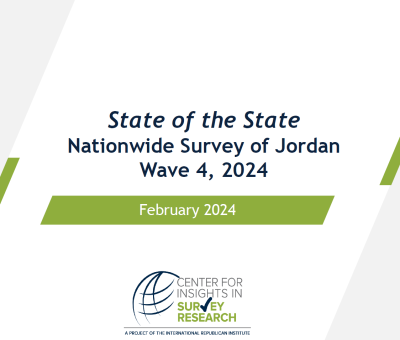
In Iraq, IRI supported CSOs to develop and pass legislation that addressed long-standing issues with provincial council elections. In the…
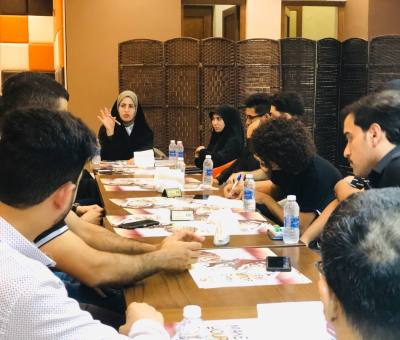
This article is part of a series highlighting the work of five inspiring and capacity-building initiatives the young civic activists…
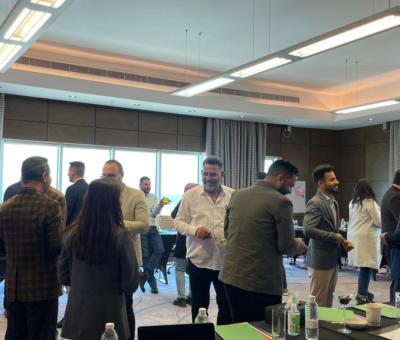
Following decades of authoritarian rule, Iraq is striving to build resilient democratic institutions. Prior to 2003, Iraq’s civic space was…
IRI’s Middle East Regional Civic Initiative (MERCI) will support civil society in eight target countries in the Middle East and…
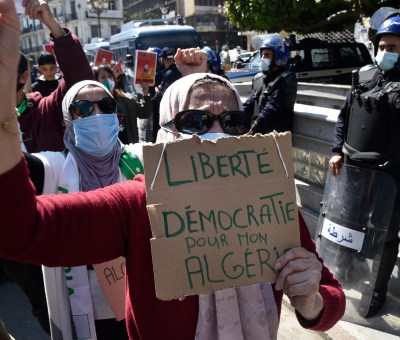
As Africa’s largest country and with the Mediterranean to the north and the Sahara to the south, Algeria has a…
Situated in the heart of the Middle East with a diverse population and rich history, Iraq has built a democratic…
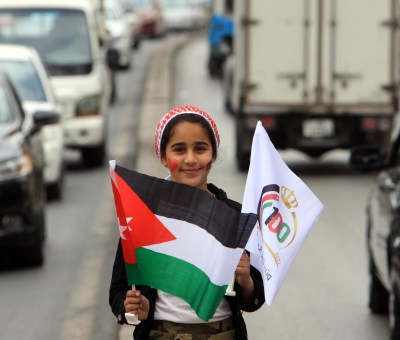
To bolster institutional capacity and inclusive, responsive policymaking in Jordan, IRI partners with subnational government representatives and demand-side actors. IRI…
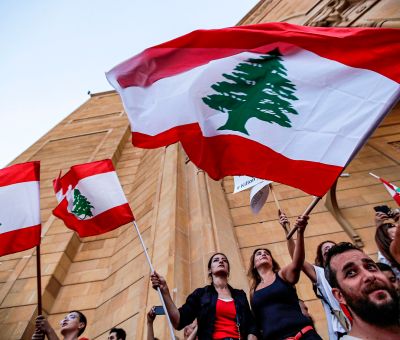
Corruption deeply plagues Lebanese politics with the same ruling class retaining power, based on sectarian allegiances, since the end of…
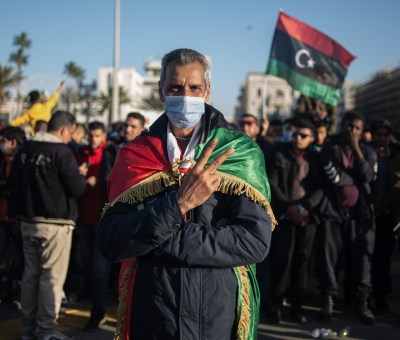
In the midst of a challenging political transition, IRI in Libya understands the importance of supporting citizen-centered governance and works…
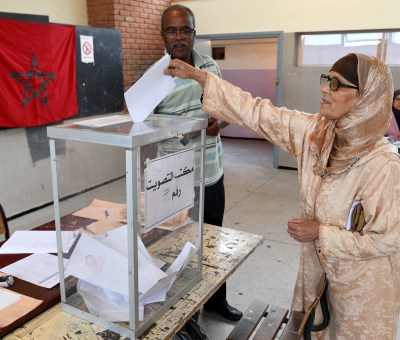
Since 1997, IRI’s promotion of participatory governance in Morocco has revolved around skills-based training, civil society academies, technical support to…
In the midst of an ongoing civil war and an unsuccessful constitutional committee, IRI Syria supports civil society actors in…
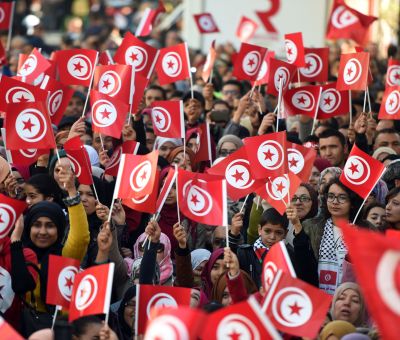
IRI has been working with civic and political leaders in Tunisia since the 2011 Revolution, which ended decades of single-party…